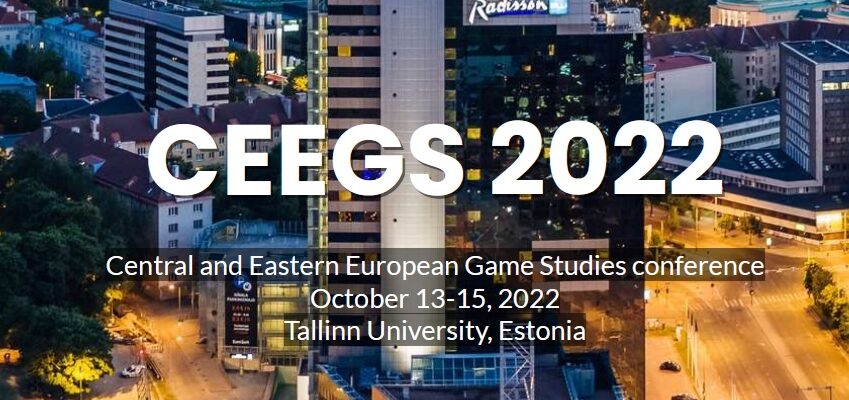Theme: Ludic Realities

Keynote speakers: Sonia Fizek, Maria Garda, Hanna Wirman
The binary opposition between games and reality, between the playful and the serious, is a concept present in many cultures and deeply ingrained in the Western popular imaginary. And yet, the assumption that games are “not serious” and that play is clearly separable from “real life” risks obscuring the complex and often ambiguous interconnections between play and other spheres of life.
Some of these interconnections have come to the fore due the manifold crises faced by humanity in recent years. Videogames such as Animal Crossing became spaces for social interaction for many people deprived of it during COVID-19 lockdowns, helping them cope with anxiety and loneliness. Political activists across the globe—from Hong Kong to Belarus—have used self-made “protest games” as a medium to promote their causes and fight for democracy. At the same time, games have become powerful propaganda tools, not just in terms of how they represent history, but also as a way to spread misinformation, such as when videogame footage has been used in Russian propaganda videos purporting to show real battle footage from Ukraine.
It is perhaps more than coincidental that many of the recent crises have prominently affected Eastern Europe—a region that, much like play itself, has often been a liminal, ambiguous, contested space. Following two consecutive, COVID-induced postponements, this year’s Central and Eastern European Game Studies conference invites participants from the region and beyond to reflect on games’ interactions with other social phenomena and the “ludic realities” lying at the intersection of games and other domains of life. More broadly, the conference is open to all research into digital and non-digital games, their players, histories, and underlying sociocultural contexts. This includes, but is not limited to, the following:
- Rhetoric, ideology, and ethics in games
- Histories and sociocultural contexts of (non-)digital play
- Educational games, serious games, and games for change
- Game ontologies and games’ formal aspects
- Players, their communities, discourses, and shared practices of play
- Psychology of play and psychological aspects of game design
- Games’ artistic, narrative, and transmedial dimensions
- Production practices in the game industry and beyond
- Formal approaches to game design and teaching it
- Game platforms and the materiality of play
- Intercultural aspects of gaming
Website: https://web.htk.tlu.ee/ceegs2022/

